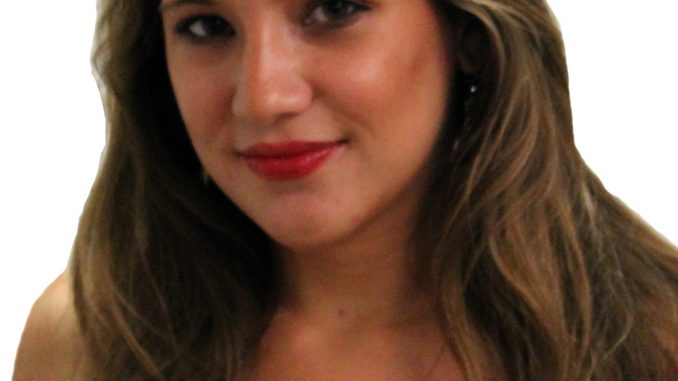

Diversity isn’t one dimensional. But when it comes to college, I can’t help feeling like it’s made to seem that way.
So much emphasis is placed on racial diversity. Picture the glossy pages of any university catalogue, depicting students of different races sharing a blanket on the quad. Thankfully, reality is much different than those photographs — at least at Temple.
Maybe it’s because I transferred here from a school with a very homogenous student body, but I happen to find the student body at Temple delightfully different. Subtle things stick out to me, that I fear others might take for granted. Little nuances, like that we don’t all drive similar cars, dress alike, live in the same set of apartments or go to the same couple of fraternity parties every weekend. I’m not exaggerating or making this up, either. I really went to such a place, and it’s called the University of Richmond.
Chris Sporik, a junior education major and a transfer student, shared similar thoughts.
Reflecting upon the culture of Virginia Tech University, he said, “There were people from a lot of different cultures, but they only hung around with others like themselves. The cafeteria was segregated.”
When he came to Temple, he said he noticed friendships between people of all walks of life.
This isn’t meant to sound cheesy. Temple is the real deal. Look around the next time you’re strolling up Liacouras Walk.
From one class to the next you’re likely to pass a boy from a different state than you, a girl who believes in a different god than you and multiple people dressed differently than you. When you get to class, the student to your right will be a little richer than you and the student to your left a little poorer, and both are listening to bands you’ve never heard of. The boy two seats from you is deaf. The boy in front of you is texting his boyfriend. When class is finished, you might hold the door open for a girl who will vote differently than you in this upcoming election. The woman holding the door for you is 40, a mother of two, just getting the chance to go back to school to finish her degree. Now try to imagine what all of those people will be doing this weekend.
We don’t hail from the same towns. Some of us don’t even come from towns, but from cities. Some come from the country. Some come from other countries. English is not all of our first languages. But the best part about being different at Temple, is that there is no normal.
What comprises a typical Temple student? I don’t think there is a mold. That means no one is cast into a minority group, made to feel alone among an army of clones. No standards to meet. No image to uphold. Nobody to impress.
Temple gives me the freedom to express myself. And when I pass people who are different from me each day, I know Temple does the same for them.
My experiences at Richmond were worthwhile, no doubt, most importantly because they helped me realize what I want. I want a culturally rich environment, in which I am free to grow, discover and learn. Temple not only provides us with one, but the university actively works to foster it. And if you appreciate nothing else, be grateful for this. I think it is our school’s most redeeming quality.
Bri Bosak can be reached at bribosak@temple.edu or on Twitter at @BriBosak.


Be the first to comment